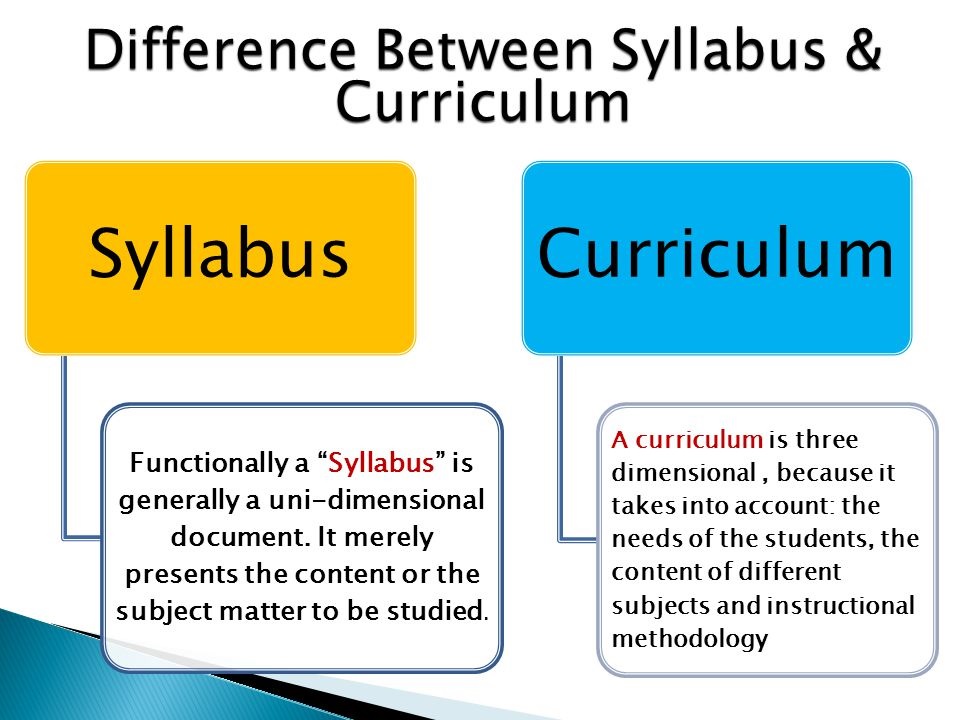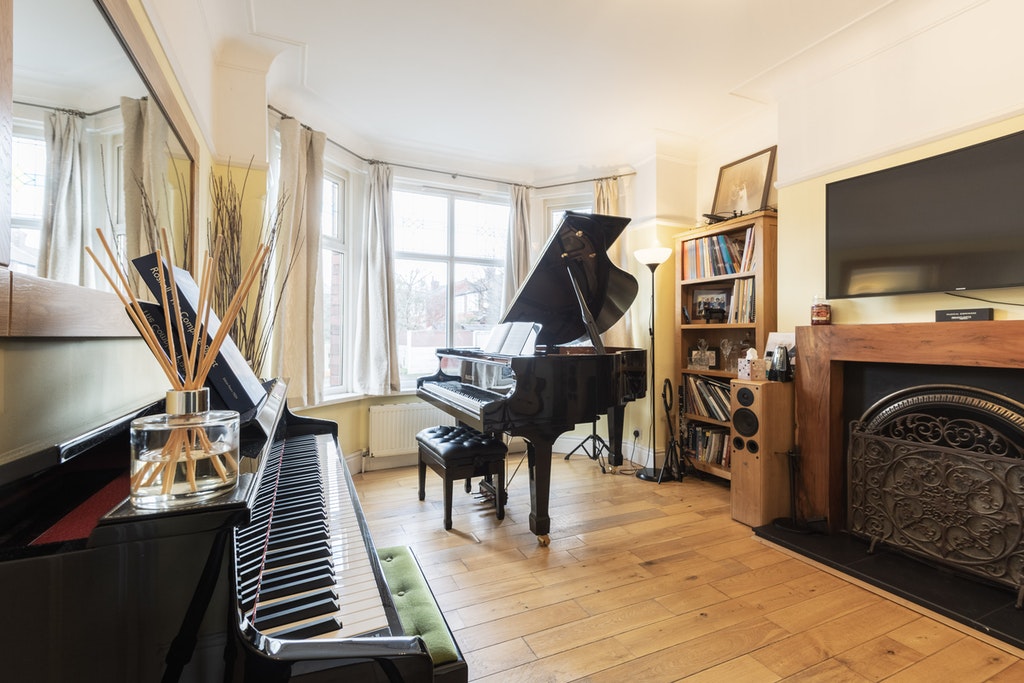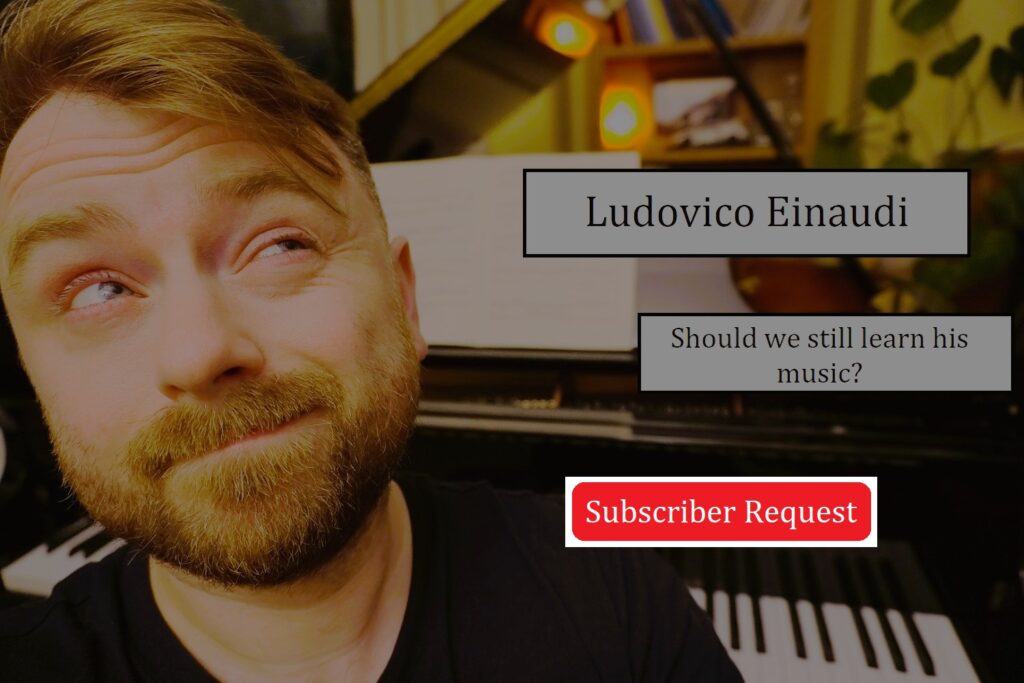When embarking on learning something new, a common question is asked when exploring how best to approach the topic….
Should I follow a Syllabus or is there a Curriculum you use?
For many this is confusing, not least for those who embark on private education like music, where learning isn’t governed by the National Curriculum, which is followed by Primary and Secondary schools in the UK. Instead parents or learners have to decide which local musician or organisation can provide the tuition for learning a musical instrument – and most simply teach to the exam syllabus.
Many parents are also unaware of the distinction, and quite rightly will ask about exams and whether a teacher can prepare their child for a music exam. Exams are of course an integral part of music education, and are offered by some of the most well known exam boards e.g. ABRSM and Trinity to name a few, but they can often become too prescriptive, focusing on ‘passing exam requirements’ rather than developing a well-rounded musician.
For parents this is often a dilemma, should my child be learning for the exams or developing a love for their musical instrument? Many won’t go on to study music beyond A-Levels and so the question is often asked, why do we need anything else…. so why is a Curriculum so important?
The National Plan for Music Education, looked to address this gap between school provision and the private sector , and with a recent refocus on this topic, the government issued new guidance on their plan. You can read this here: https://lordslibrary.parliament.uk/national-plan-for-music-education/
Both the leading organisations that represent musicians, the ISM and MU broadly welcomed this new focus, but felt that even with support from local music hubs, the provision was often patchy and left gaps and that
“…there had been significant real-terms cuts in funding for music education over the last decade”.
At Dinsmore Music Academy, we see the huge value that music brings students, well beyond simply the development of skill in a musical instrument, but the wealth of benefits both on improved cognitive function, better social outcomes, and a development of a student’s confidence and resilience. Music needs to be able to support students to develop their own personalities, nurture their own musical curiosity and allow learners to develop strategies that will serve them in all aspects of life. A Curriculum aims to provide a well-rounded and over-arching plan for students, and encompasses all the skills needed to create beautiful music, but to also support them in their ongoing lives, so that the lessons they learn as part of their musical studies, have life-long ramifications.
For further information about our Music Academy Curriculum and how we support students, visit our website, or enrol and start your own musical journey with us!




